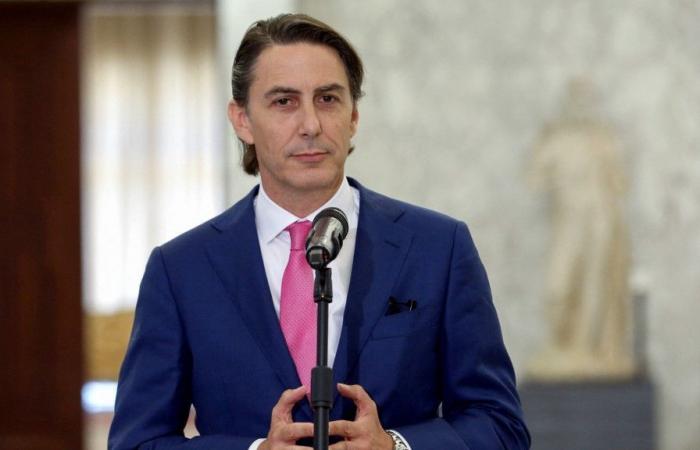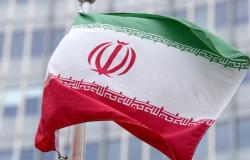President Biden’s envoy, Amos Hochstein, is scheduled to fly Tuesday night to Beirut as part of a crucial diplomatic mission. According to US estimates, the chances of reaching an agreement now exceed 50%, despite recent escalations that saw a woman killed in Shfaram, a missile attack on Israel’s central region and a strike near the government headquarters in Beirut. “Hochstein would not go to Beirut if he felt that it had no chance of succeeding. He received positive feedback from Lebanon which convinced him that he could come to the region,” says a senior official. Israeli familiar with the matter.
The American envoy is due to meet Lebanese Prime Minister Najib Mikati and Parliament Speaker Nabih Berri. According to Ali Hassan Khalil, a Lebanese politician close to Berri, “Lebanon and Hezbollah accepted the American ceasefire proposal, with certain remarks on its content.” He called the move “the most serious attempt to end the fighting.”
The terms of the agreement provide for a 60-day ceasefire implementation period. The major test will be the withdrawal of Hezbollah to the Litani River and the deployment of the Lebanese army towards the south. The IDF will maintain its presence in southern Lebanon during this period, but with a modified system.
In Israel, Iran is believed to have given Hezbollah the green light to agree to a ceasefire, likely to send a positive signal to US President-elect Donald Trump. If the agreement is successful, the United States will immediately declare a ceasefire, with possible French involvement as guarantor on the Lebanese side.
According to the daily L’Orient-Le Jour, Beirut demands compliance with resolution 1701 and an end to Israeli overflights of its airspace. Lebanon is also seeking international guarantees, particularly from the Biden and Trump administrations, to ensure Israel’s compliance with the agreement. Major point of disagreement: the right to self-defense would be limited “only in the event of threat”, a position which opposes the declarations of Benjamin Netanyahu wishing to “act systematically against Hezbollah attacks”.
Regarding the supervision of the agreement, Beirut wants a select committee including only the United States, France, Lebanon, Israel and the UN, thus excluding the British or Arab participation initially envisaged.






